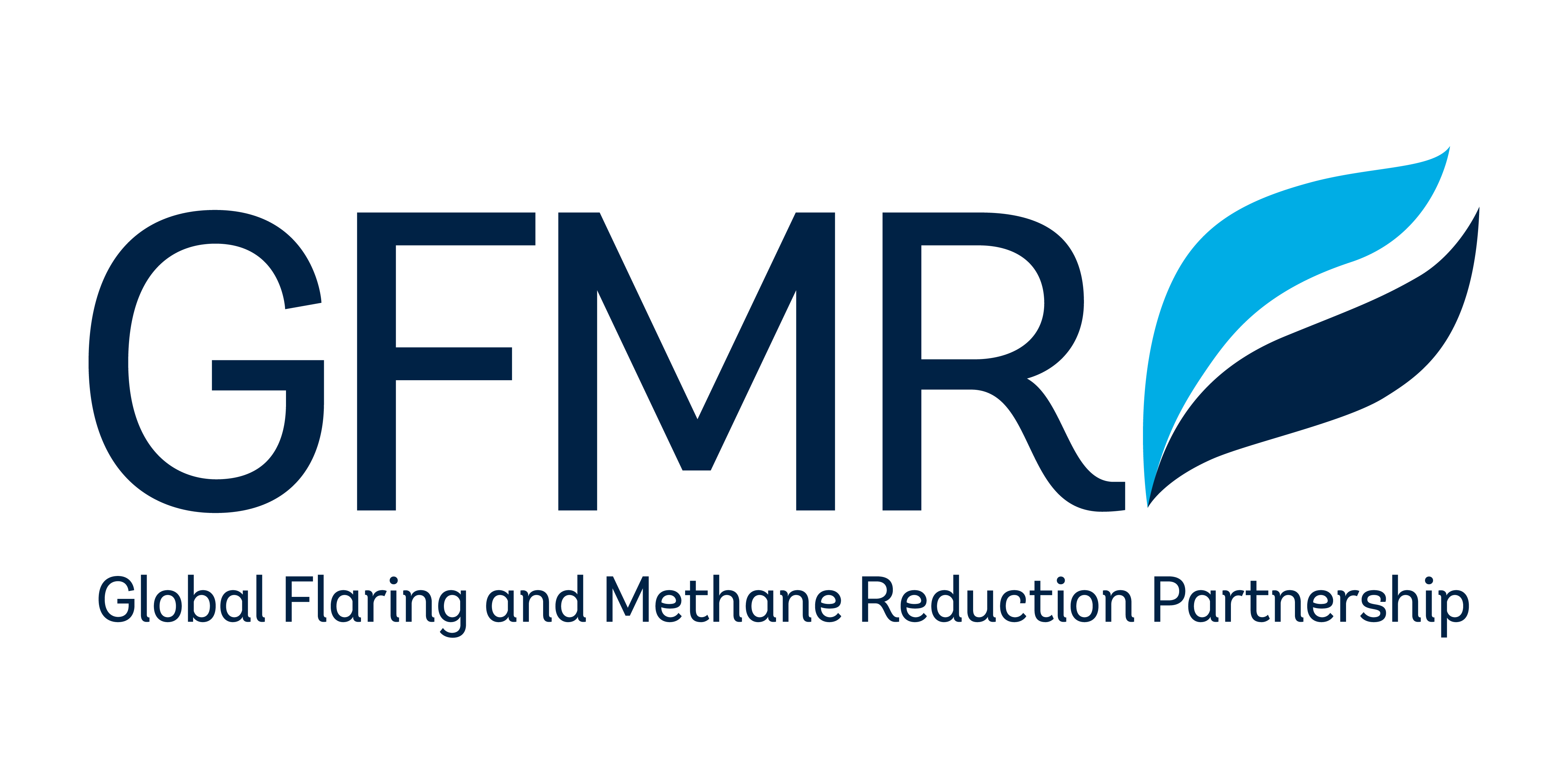Country
Assessment
No evidence regarding targets and limits could be found in the sources consulted.
The Ministry of Popular Power of Petroleum (known as MinPetróleo) is the overarching policy and regulatory authority. The Ministry of Popular Power for Ecosocialism (Ministerio del Poder Popular para el Ecosocialismo [MINEC]) is the environmental policy and regulatory authority.
Article 121 of the Regulation of the Hydrocarbon Law, 1943 , establishes that excess gas that cannot be used or returned to the field can be flared. Only gas from wells with very low pressure is allowed to be vented. Vents must be high enough to facilitate the dispersion of gas without causing harm. Article 40 of Decree 638/1995 states that MINEC may authorize trial periods for the initial operation of processes or equipment to control emissions. This authorization is granted in accordance with Article 21 of the Organic Law of the Environment, 2006 ; its duration is limited to six months or less. In cases of emergency or unforeseeable emissions in violation of the regulations, the operator must notify MINEC and activate its emergency contingency plans.
Articles 20–23 of Decree 1257/1996 require operators to obtain environmental licenses before starting exploration or production. Applicants must submit to MINEC an EIA that describes their gas flaring and venting activities. After evaluation, MINEC may grant an environmental license for such activities. The license may contain specific requirements and emission reporting procedures for flaring and venting, which are set on a case-by-case basis. In addition, Decree 638/1995 requires a specific flaring permit to be sought from MINEC during operations.
No evidence regarding development plans could be found in the sources consulted.
Article 20 of the Regulation for the Conservation of Hydrocarbons, 1969 , requires operators to take any reasonable measure, if economically justified, to use associated gas for any of the following purposes: maintenance of reservoir pressure in accordance with recognized technical procedures in the oil industry any internal, commercial, or industrial use, including its use as a fuel in the operator’s facilities injection into oil fields or other appropriate strata or underground storage, according to recognized technical procedures. Article 22 states that any associated gas that cannot be utilized in the above ways must be disposed of in a manner that does not cause harm.
Article 13 of Decree 638/1995 states that the composition of emissions from flaring must be analyzed using a minimum of three samples at each selected collection point when the study is carried out for the first time and a minimum of two samples after that. The runs should be carried out when the production volume is greater than the annual average. Article 26 requires operators to submit details of the composition of their emissions to MINEC at least annually. Article 28 of Decree 1257/1996 requires submission of an environmental supervision plan to MINEC for each project, together with a request for environmental authorization. In the case of hydrocarbons, the plan will be incorporated in the corresponding environmental impact study. The environmental supervision plan should include measures to mitigate the impacts of gas flaring and venting as well as the reporting of volumes and emissions.
No information was identified in the current legislation specific to penalties for flaring or venting. However, noncompliance with the pollutant emission limits established in Decree 638/1995 can trigger sanctions per Articles 108–135 of the Organic Law of the Environment, 2006 . Article 108 states that financial penalties may be up to 10,000 tax units. Article 129 states that experts will determine the amount of damage, which will serve as the basis for sanctions and environmental measures. The Environmental Penal Law, 2012, focuses on criminal behavior negatively affecting the environment and natural resources. Article 96 sanctions offenders with a monetary penalty of up to 2,000 tax units for emitting or allowing the escape of pollutants harmful to the environment.
Article 51 of the Organic Law on Gaseous Hydrocarbons, 1999 , empowers the MinPetróleo minister to suspend activities for up to six months, depending on the seriousness of the offense and the offender’s past performance. Articles 112 and 119 of the Organic Law of the Environment, 2006 , empower the responsible environmental authority to revoke licenses. Article 96 of the Environmental Penal Law, 2012 , provides for imprisonment of six months to two years for emitting harmful quantities of gas or allowing it to escape.
No evidence regarding performance requirements could be found in the sources consulted.


